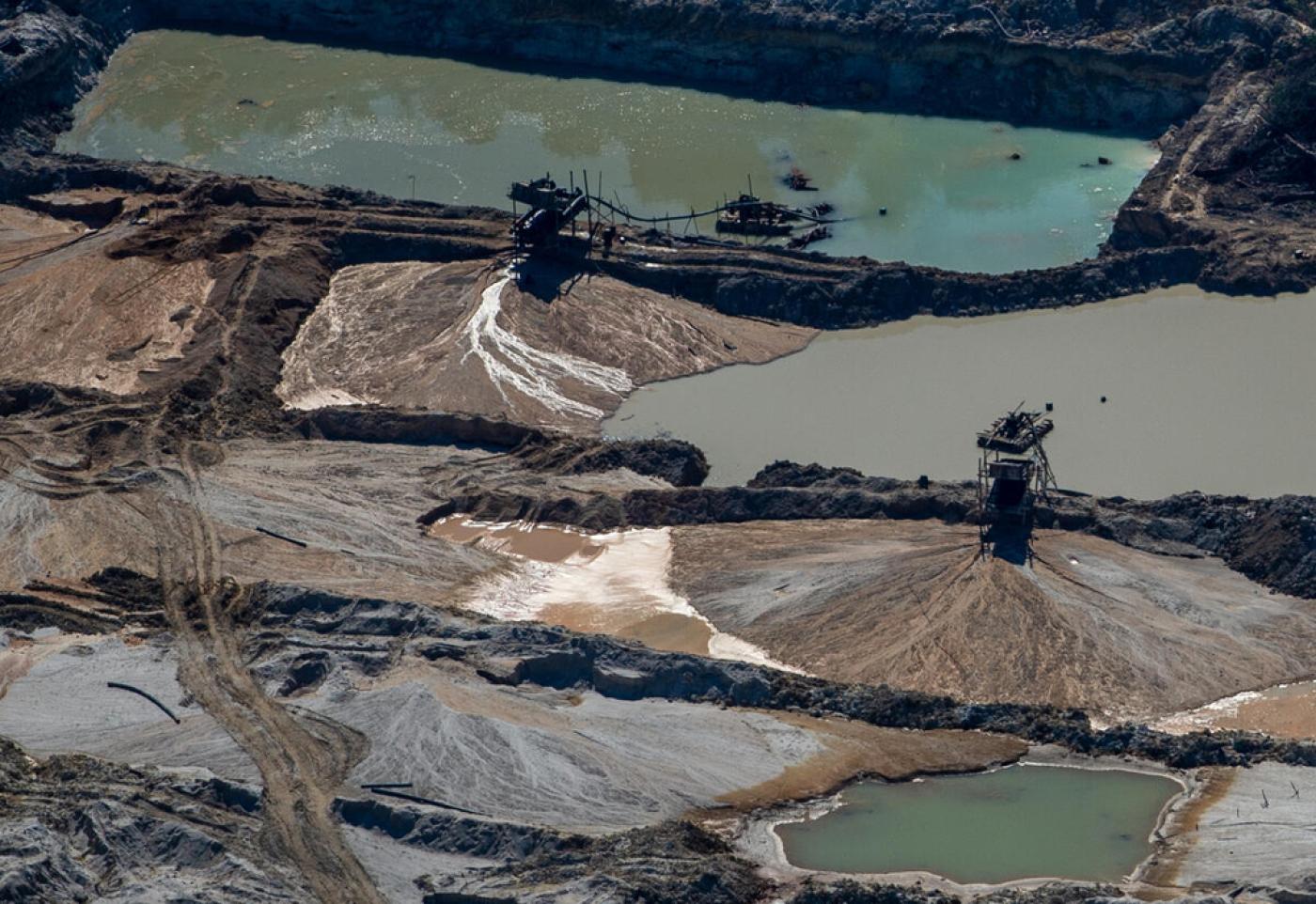Coextinctions dominate future vertebrate losses from climate and land use change
Although theory identifies coextinctions as a main driver of biodiversity loss, their role at the planetary scale has yet to be estimated. We subjected a global model of interconnected terrestrial vertebrate food webs to future (2020–2100) climate and land-use changes. We predict a 17.6% (± 0.16% SE) average reduction of local verte- brate diversity globally by 2100, with coextinctions increasing the effect of primary extinctions by 184.2% (± 10.9% SE) on average under an intermediate emissions scenario. Communities will lose up to a half of ecological interactions, thus reducing trophic complexity, network connectance, and community resilience. The model reveals that the extreme toll of global change for vertebrate diversity might be of secondary importance com- pared to the damages to ecological network structure.


